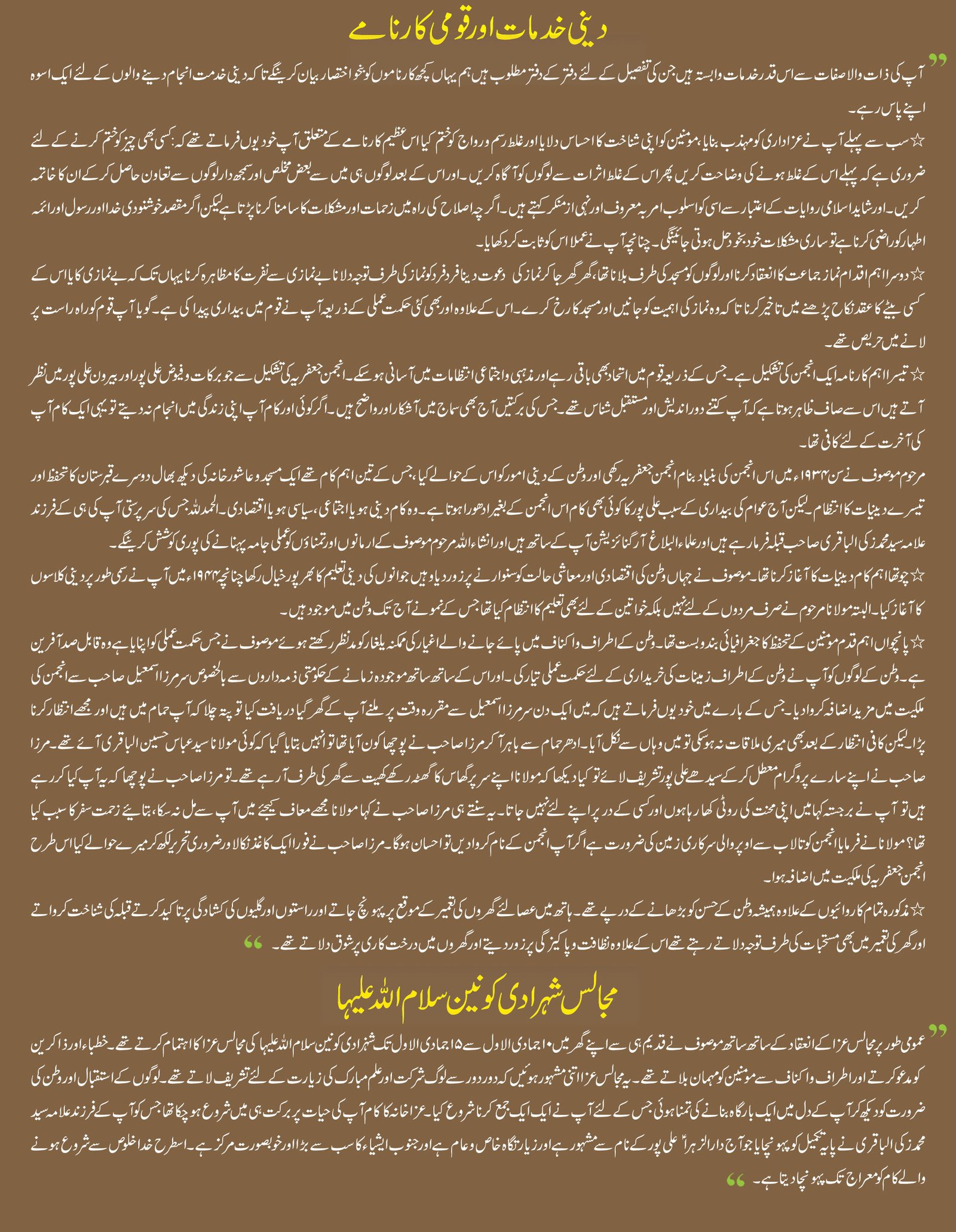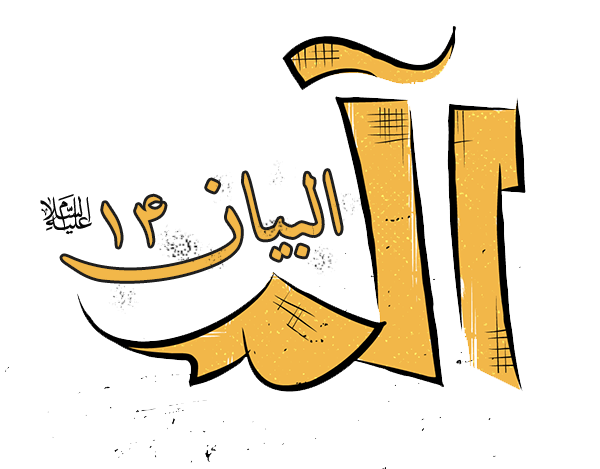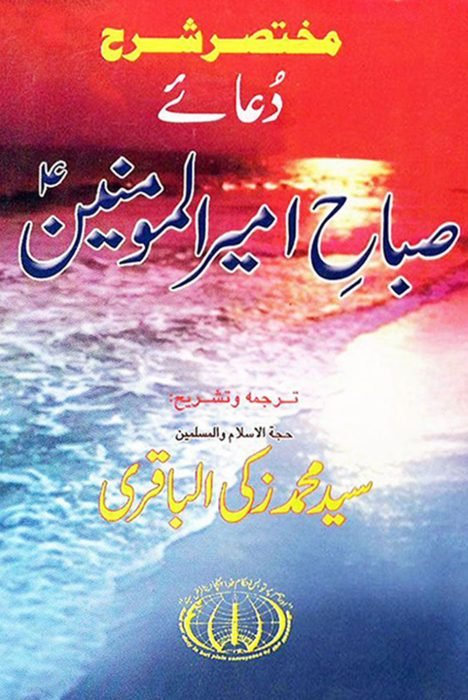Maulana Syed Abbas Hussain Al-Baqri
MOULANA SAYYED ABBAS HUSSAIN AL-BAQRI, whose lineage is linked to the 5th Imam Hadhrat Mohammed Baqir (a), was a renowned Islamic scholar of South India during the 20th century. He is titled and known as Thiqatih ul Islam (Trustee of Islam) for his unparalleled spiritual services throughout the State of Karnataka.
Blessed is the day (25 Shawal 1311 Hijri) when a child was born to Maulana Asadullah Al-Baqri and Mohtarama Khamarunnisa Saheba as their first offspring in Alipur. He was named Abbas Hussain in the memory of the two valiant brothers of Karbala, Hadhrat Abbas (a) and Imam Hussain (a).
Maulana Abbas Hussain’s father, Maulana Asadulla Al-Baqri originally hailed from Hyderabad (Deccan). It is known that in the 1850s an eminent scholar of Hyderabad, Sadr-ul-ulema Allama Ghulam Hussain Al-Baqri visited Alipur on an invitation. He realized that there was a lack of Islamic knowledge in the town, so upon his return to Hyderabad, he decided to dispatch a young, promising and most learned student; Maulana Asadullah Al-Baqri. Maulana Asadullah Al-Baqri also happened to be his nephew (son of his younger brother Moulana Mohammed Askari).
Moulana Asadullah Al-Baqri took the new assignment as an honor to serve for the sake of Allah and embarked to Alipur. During his stay in Alipur, he made major contributions towards the society. He initiated the foundation/expansion of the Masjid & Ashoorkhana. He focused on the eradication of un-Islamic practices and traditions (rasm, rewaj, reeti) in Alipur, especially during Moharrum, Ayyame aza & weddings. He undertook various trips throughout the State of Mysore for propagation of Islam (Tableegh). During one of his visits to the city of Mysore, the tireless preacher died in the flu at the very young age of 36 years, leaving behind his young children (3 young boys and a toddler daughter). His eldest son, Maulana Abbas Hussain was just 9 years old at the time.
Maulana Abbas Hussain took the responsibility of the family with the help of his maternal uncle, Zaman Ali. His uncle insisted that Maulana Abbas Hussain pursue the career of his late father and assured him of his help and support. Maulana Abbas Hussain undertook the transformation and continued his studies with dedication and hard work. He did his elementary education and completed his LS from Gowribidnur.
In the fulfillment of his dream, his family’s aspirations, and father’s path and profession, Maulana Abbas Hussain proceeded to Hyderabad and immersed himself in Islamic studies. He studied under the guidance of Sadr-ul Ulema Allama Ghulam Hussain for years and completed the rigorous Islamic course, acquired Persian & Arabic language skills, academic excellence and returned to his homeland Alipur at the age of 22.
The prolonged gap without an Islamic preacher in Alipur made the situation deplorable. He took it as a challenge to continue to uphold his late father’s vision to eradicate unfounded practices from society and thus he preached with determination. His target area was not just limited to Alipur but he covered the whole State. There was no Aalim available in the State of Karnataka at that time other than Maulana Abbas Hussain. He was a fine example of a one-man army. He had to travel extensively with limited resources, from nearby places such as Potenahalli, Doddabalapur, Karimpur, Tyamgondalo, and too far places like Bengaluru, Mysuru, Chanrayapatna, Hole Narsipur etc. with deficient mode of transport and road condition and connectivity.
Maulana Abbas Hussain’s services were not just for few years, he preached for 80 long years. He maintained good health and moreover, was a Hakeem for others. He treated many people based on medicine prescribed in divine books (Tibb-e-Ahlul bayt (a)). He was not dependent on any stipend as he did farming to support his family of 9 daughters and 3 sons. He introduced many agricultural techniques for efficient land utilization. One can imagine how busy his schedule was.
Thiqatul Islam undertook a pilgrimage to Karbala and Najaf. There he met many grand Ayatollahs of the time, particularly Imam Khomeini (ra). He was appointed the wakil (representative) of Imam Khomeini (ra) for South India, and he was also given authorization to collect and spend Khums on various projects.
The establishment of Daruz Zahra (a), Anjumane Jafaria and Shia Deeniyath are some of his accomplishments along with holding patronage of all the organizations in Alipur. He initiated many Majalis especially Makhsosi, a five day mourning congregation to commemorate the martyrdom of Hadhrat Fathima Zahra (a), the daughter of the Holy Prophet (saww). He ensured its continuity despite many hardships and Alhamdulillah, 94 years (2019) have passed since its sacred beginning. As its popularity grows, thousands visit from different parts of the country for the commemoration and Ziyarah.
Thiqatul Islam lived in this world for 107 years, on the 3rd of Shabaan 1418 (December 4, 1997), Maulana Abbas Hussain breathed his last in the lap of his son, Maulana Zaki Baqri, and returned to his Lord. His mortal remains were buried in the grave (made by him) at the steps of Daruz Zahra (a) as per his will and wish. His departure created a deep void in the state and the irreplaceable personality continues to live in the hearts of the believers for his tableegh in those difficult times.
In short, Maulana Abbas Hussain was a pious scholar, preacher, initiator, mourner, trainer, reformer, mentor, builder, farmer, and a pillar of our community. As he was rightfully titled Thiqatul Islam, he left behind his legacy by training and mentoring numerous disciples in the state specially Maulana Mohammed Zaki Al Baqri Saheb Qibla from his offspring, Daruz Zahra (a), Makhsosi and the culture in Alipur continue to remain as testimonies of his sacred services.







